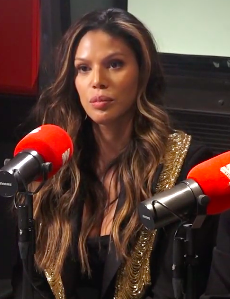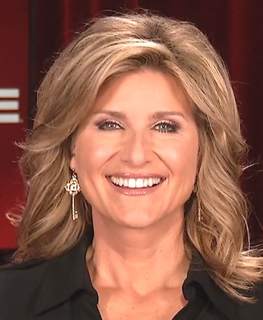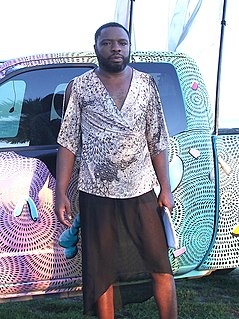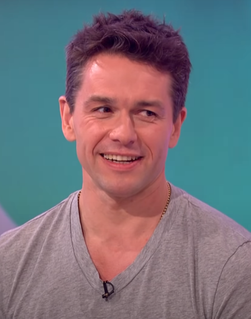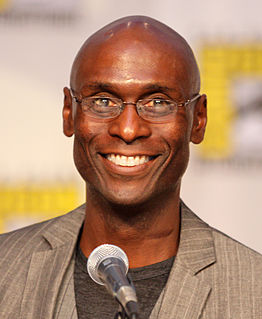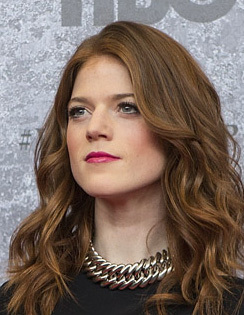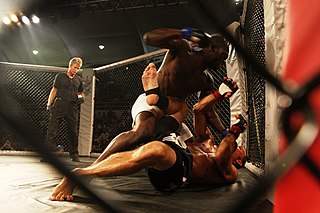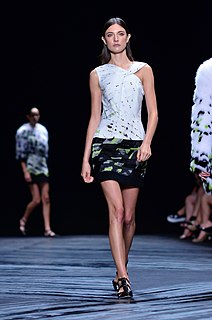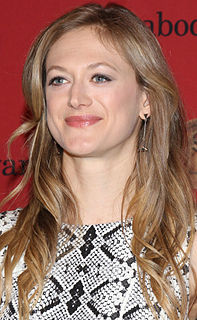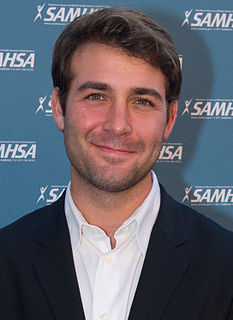A Quote by Merle Dandridge
In the theater, you have to speak so people in the last row of the peanut gallery can hear you. With television, the camera does that work for you.
Related Quotes
I have had it with people who are threatening me and my kids and my family over simply commenting on the law and criminal procedure, and respecting juries. Because they do work hard. They work way harder than I do; and they work way harder than the rest of those people making those peanut gallery comments.
Working on camera is a different ballgame in the sense that it's far more intimate work, but the basics and the foundations of being able to create something that isn't necessarily your own instincts - is a character that you have inside your head - whether you're talking about television or film or theater, that still has to be the grounding work.
I love carrot cake - that's probably my favorite - and I'm obsessed with peanut butter. I eat anything with peanut butter - maybe not carrot cake with peanut butter - but, I think I got this from 'The Parent Trap': Oreos and peanut butter; I like that. And peanut butter and apples, peanut butter and chocolate.
